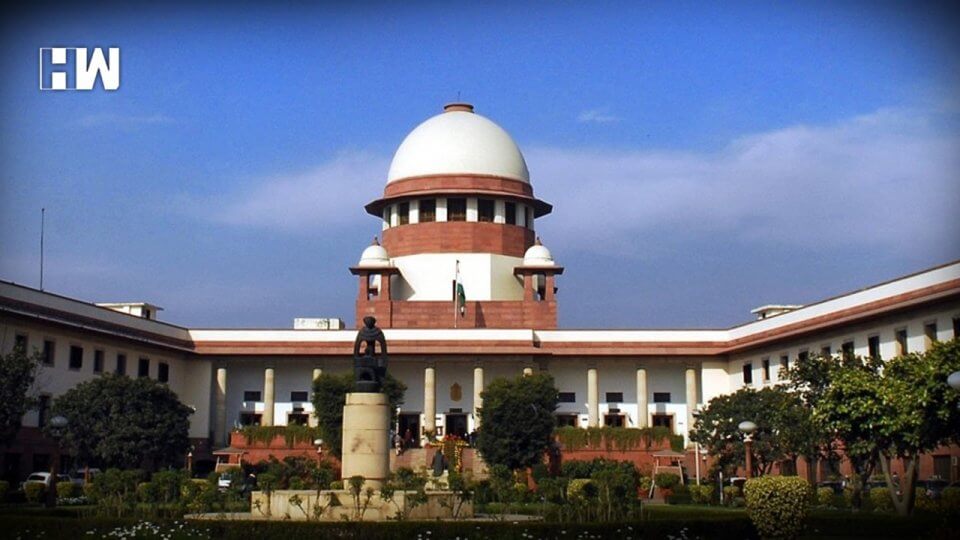After refusing bail to the former finance minister, the High Court had relied upon certain allegations made in this sealed cover envelope
New Delhi: From the past three months, this is the second time, the Supreme Court denounced the practice of ‘sealed cover envelope’ as it granted bail to former Union minister P Chidambaram in the INX Media case.
The Supreme court held that a routine practice of investigating agencies citing materials in sealed covers and courts depending upon them will affect the right to the fair trial of accused.
A bench headed by Justice R Banumathi noticed that such confidential documents, which are not given to the accused, can’t be biased with the right to free and fair trial.
The bench includes both Justices AS Bopanna and Hrishikesh Roy, who referred to a sealed cover envelope submitted by the Enforcement Directorate in the Delhi High Court.
After refusing bail to the former finance minister, the High Court had relied upon certain allegations made in this sealed cover envelope.
The apex court noted that in the previous round of litigation when Chidambaram had approached it for the anticipatory bail. The bench had clearly held that while the High Court judge could have perused such secretive documents, he should not have reproduced the entire note in his order.
The Supreme court bench said, “If that be the position, in the instant case, the learned Judge while adverting to the materials, ought not to have recorded a finding based on the materials produced before Chidambaram”.
The HC judge was empowered to look at the materials produced in a sealed cover to satisfy his judicial conscience, it maintained that the HC indicated not to have recorded finding based on those materials.
In September the top court referred again to its previous order when it had declined to look into the sealed cover submitted by the agency even though it had declined to give pre-arrest bail to Chidambaram in the ED case.
“The apex court had consciously stop from opening the sealed cover and examine the documents lest some observations are made thereon after perusal of the same, which would be biased to the accused pretrial,” focusing the bench.
“In that situation though it is, held that it would be open for the Court to, peruse the documents, it would be against the concept of fair trial if, in every case the prosecution presents the documents and seals cover and the searching on the same are recorded as if the offense is committed and the same, is treated as, have a denial or granting bail,” held the bench.
As an independent media platform, we do not take advertisements from governments and corporate houses. It is you, our readers, who have supported us on our journey to do honest and unbiased journalism. Please contribute, so that we can continue to do the same in future.

